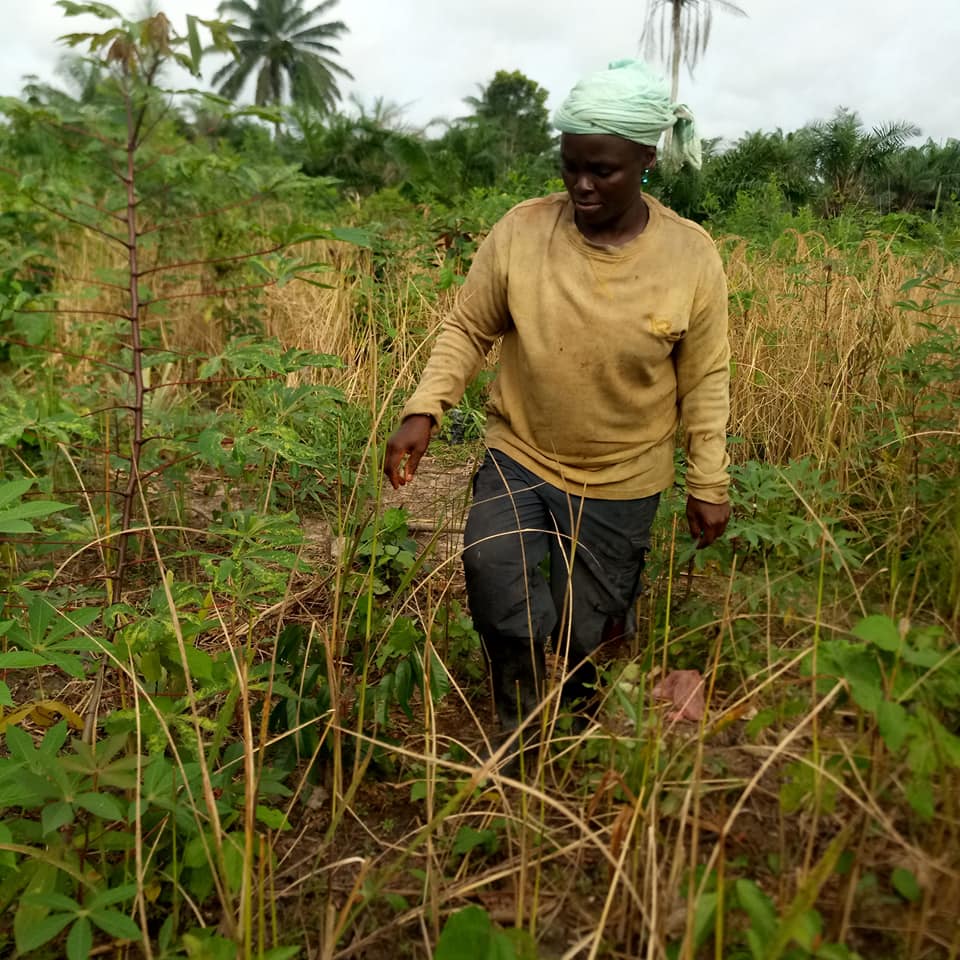NAFSO is working with small-scale fisher communities primarily and also with small holder farmers, agricultural workers, plantation communities and women in all the sectors to ensure food sovereignty through land justice, gender justice, climate justice and overall human rights and social justice approaches. Over the decades of adopting Neo-Liberal Economic policies, since 1978, more than 45 years the small scale food producers, women and youth have experienced serious social, economic, environmental and political destruction and degradation of human rights violations. Once people came forward to prevent, resist and assert their rights, the ruler’s response was brutal and inhuman and to an unbearable level. Some of the main demands were to be free from domination, exploitation and also discrimination against humanity. However, these people’s uprising was brutally crushed through militarily and using war. Over this period our country experienced two major blood sheds, one in the south in 1987-1989 period killing or disappearing 60,000 people, youth in particular and there after 2005-2009 in the north too while killing or disappearing more than 100,000 people in the country.
Immediately after the war ended, the Sri Lankan rulers came forward with a plan claiming we need to have a vision aiming at 2030 then this was extended until 2050. So, there was a specific department established which is called National Physical Planning Department and this was the main institution to plan and design the future of the country. The department came out with a new plan labeling it as the National Physical Development Plan which is known as NPP 2013-2030. Once we see the NPP it has not considered the country’s rural economies, the small holder farmers, fisher folk, the plantation communities, milk farmers, agricultural workers and women in all these sectors who are depending on the land, water, forests, coasts, lagoons, seas, and in general the people who depend on the natural resources. The majority are farmers, fishers and plantation communities affected by the NPP. People agitate in isolation and attempt to emancipate their situation alone. But, the issue is huge and needs collective efforts to overcome as a concerned group of people who are working on people’s human rights, right to food, right to land, water, education, health, housing and many more. In such a situation we were able to collaborate with the ESCR-Net global research work which is Community Lead Research and to bring this to national and global platforms to address them collectively.


